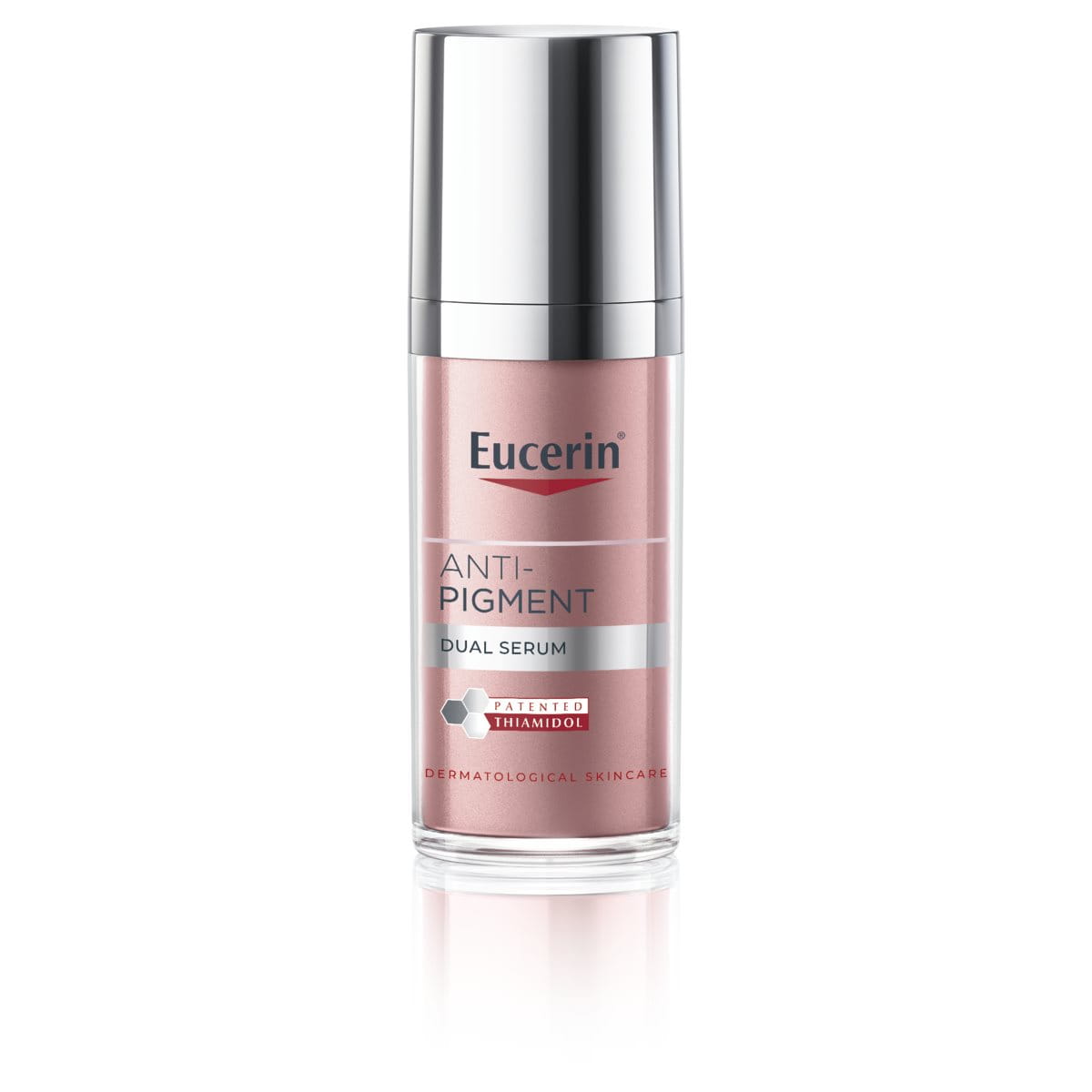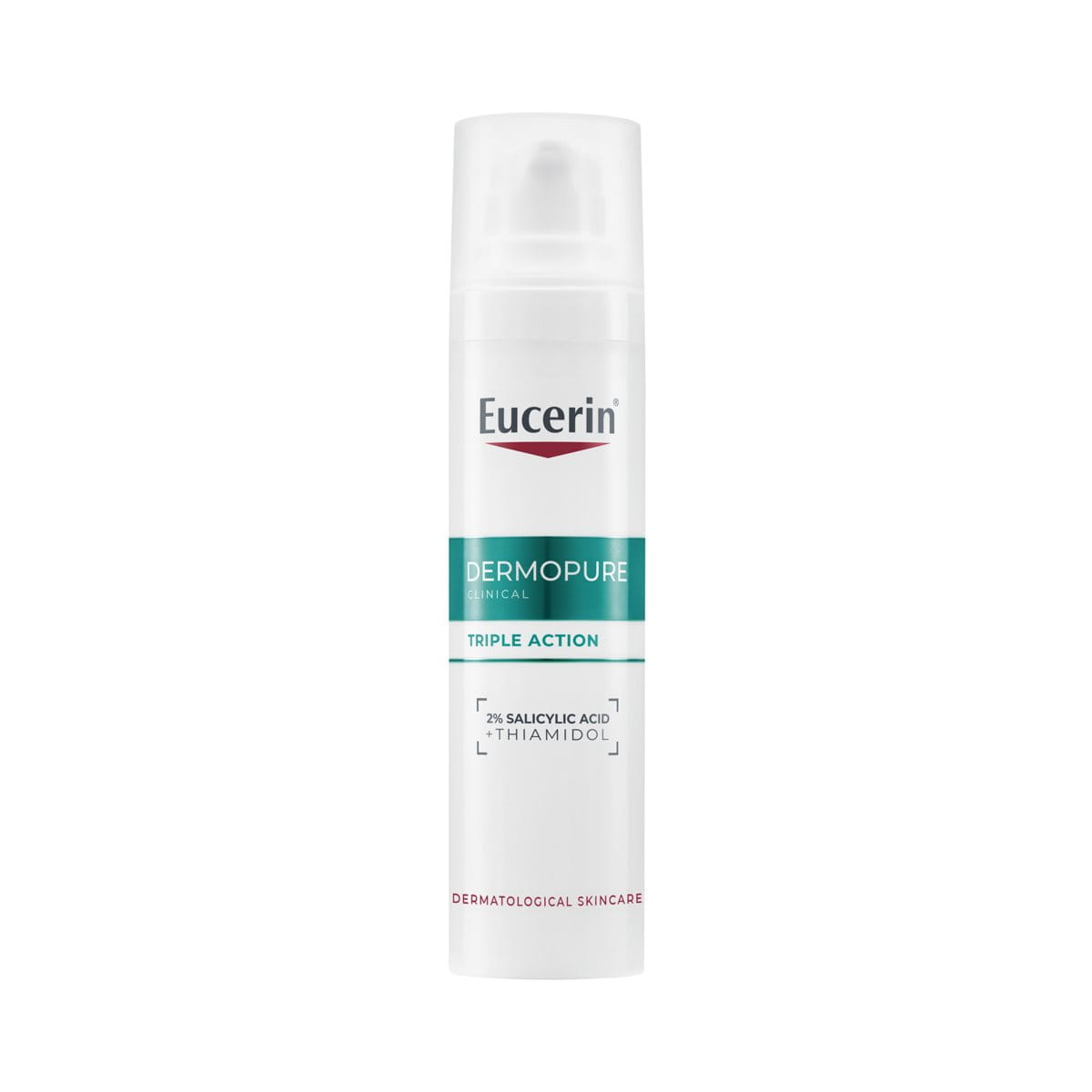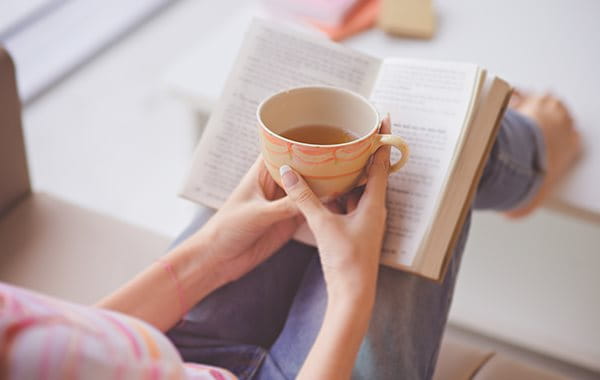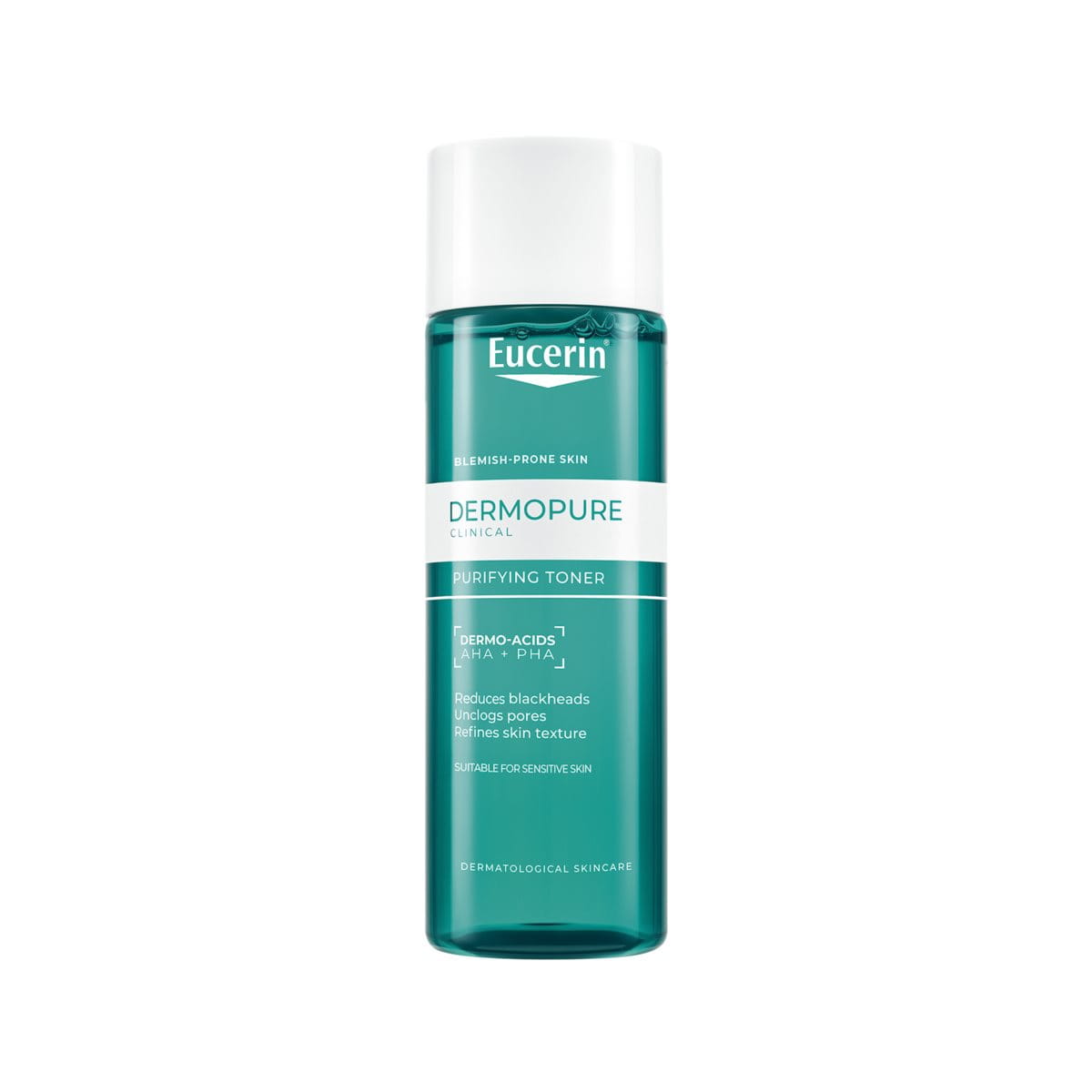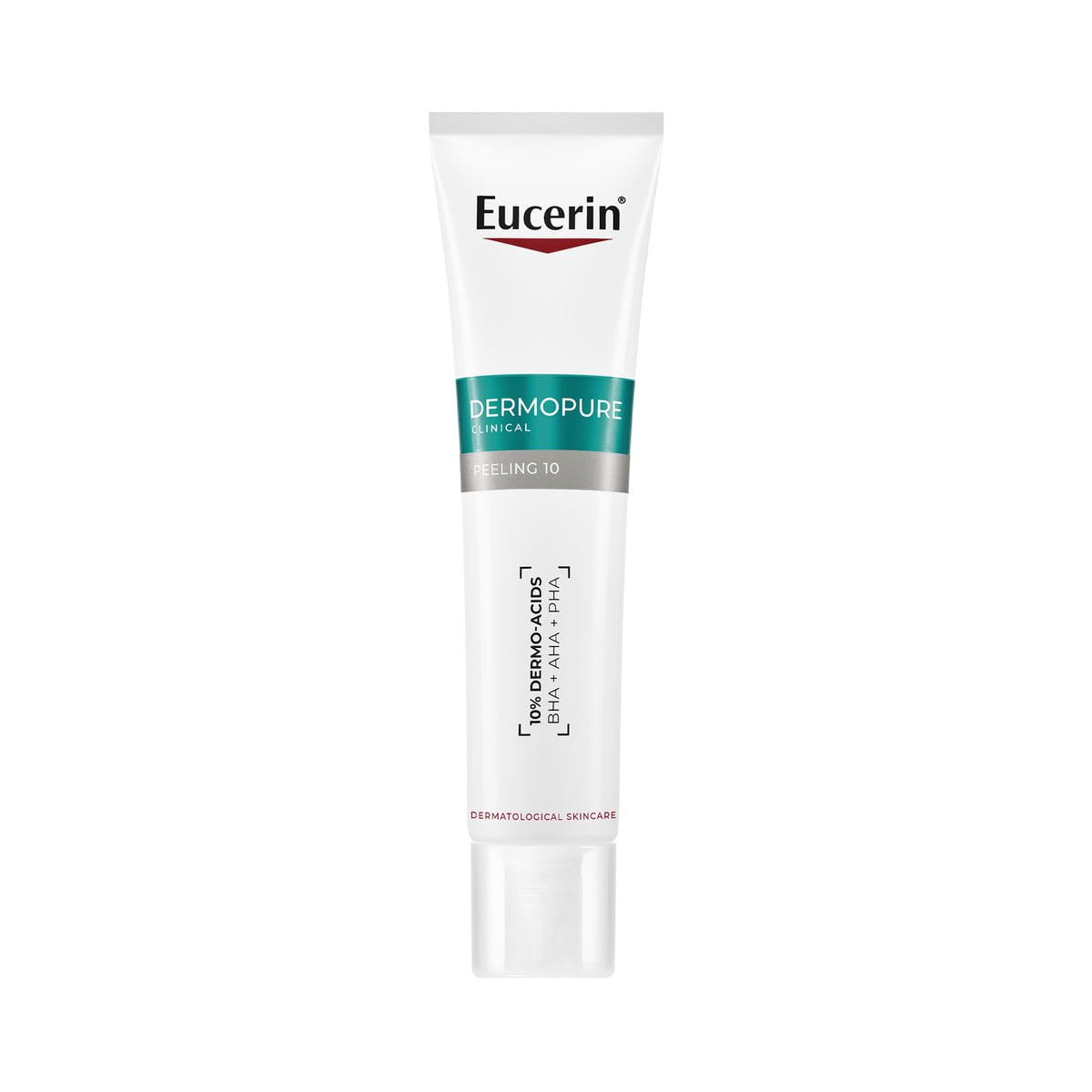How are stress and acne related?
Tips for reducing spots caused by stress
Our skin is our largest organ and a mirror of our physical and mental wellbeing.
As anyone who has experienced it knows, living with blemish-prone skin and acne can be very stressful. You can read more about that in the psychological impact of acne.
In this article we look at the impact that psychological stress in either our personal or professional lives can have on our bodies in general and our skin in particular. We explore the relationship between stress and acne, how stress might either cause or exacerbate blemishes and some of the things we can try to help reduce stress and minimise its impact on our skin.
